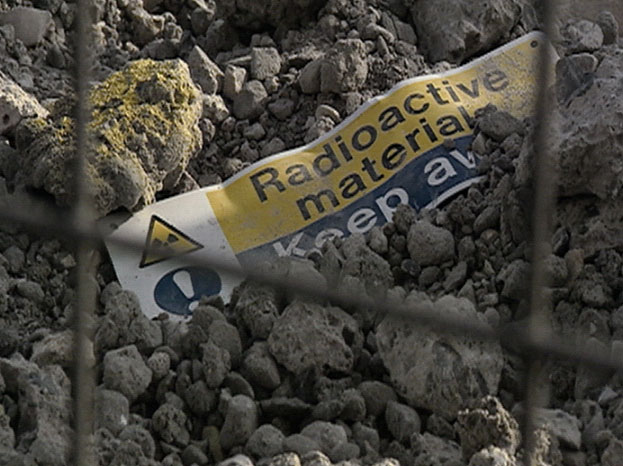I’ve been captivated by the news of “Operation Onymous,” the joint sting operation by the FBI, Department of Homeland Security, and Europol that took down dozens of “dark net” websites that transacted in drugs, child pornography, and killers-for-hire.
I have a fundamental appreciation for the Tor Project; even though this secure network of servers allows black marketplaces to thrive, it is also a source of anonymity for political dissidents, religious minorities, and others concerned with the consequences of surveillance on (legitimate) activities.
However…
What would prevent nuclear material from being sold on a similar website?
Very little, beyond security controls at nuclear material storage sites, and the vigilance and luck of international policing efforts in tracking would-be terrorists and interrupting transactions.
A quick refresher: A crude nuclear bomb requires roughly 16 kg of highly enriched uranium (enough to fill a five-pound bag of sugar), or 8 kg of plutonium (about the size of a grapefruit).
And there is plenty of HEU and Pu to be found: 25 countries have weapons-usable nuclear material, and there are no international standards for storage facility security. Beyond the official stashes, there are concerns about unsecured nuclear material at test sites in former Soviet states. A riveting report (pdf) published by the Harvard Kennedy School details a 15-year collaboration among Russian, American, and Kazak scientists to cement in tunnels at a test site in Kazakhstan, where scrap metal scavengers were coming within feet of deposits of weapons-grade plutonium.
The take-away?
– For the optimists among us, we can see that international law enforcement collaborations are disrupting black markets, and the old-fashioned intelligence and policing will continue to bear fruit.
– For the pessimists among us, technology is providing a shield for illegal transactions, and the threat of nuclear material getting into the hands of those that plan to use it is real.
So our only solution is to keep nuclear material secure, monitored, and absolutely un-proliferated.

Recent Comments